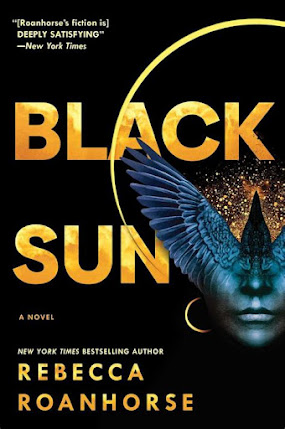Week 11 Prompt
At different points in my life I have been an avid reader of each of these book formats for different reasons and I’ve found pros and cons to all. After graduating as a literature major somewhat burnt out on reading, audiobooks were a lifesaver that allowed me to still participate in my favorite hobby. Additionally, I realized I have ADHD, which was also making it so much more difficult to sit still and focus on pages and pages of text. I am finally making progress in this arena and getting back to enjoying physical books. As not just a reader, but a book lover, there is just nothing better than a physical book to invest in, underline, pour over every detail, and then add to my bookshelves.
Audiobooks are really convenient for other reasons as well; I do quite a bit of driving and nearly always have a book on. I also do a lot of crocheting, and listening to a book while I work is my favorite way to relax and create. Becuase of their extreme convenience, ebooks and audiobooks are very attractive to patrons and definitely merit strong consideration when making purchasing and other library decisions.
During conversations with patrons, likely we will always
lean toward recommending a physical book, except for when one is unavailable, yet,
there are so many reasons a patron might prefer a different format. Especially reluctant
readers may find audiobooks an easier, more accessible way to get into reading.
Publicizing and talking about digital book services like Libby is a very easy
and helpful way to giving patrons more options.
Yet we must also remember the pros and cons of the different
formats. The biggest pro for ebooks and audiobooks in my opinion is convenience.
Yet I have personally found I often don’t absorb as much information,
especially with audiobooks. This is usually fine for casual reads, but has
caused a few issues when reading books for college literature classes!
Additionally, the audiobook experience relies heavily on the narrator. When we
read a physical or ebook, we have control over things like how we picture
different characters’ voices or how made-up cities are pronounced, yet narrators
can have a strong effect on how we take in the book and maybe even how we
perceive different characters. One example is when my boyfriend and I decided
to read Red Rising together using the audiobook version. I found a copy
on Libby and the narrator had a nice voice with a somewhat Scottish/Irish
accent and I thought did a fair job at voicing the different characters. I went
on to read a few books in the series. My boyfriend found a different version of
the audiobook online and complained that the narrator’s voices were pretty weak
and singing comically bad. He said the experience completely took him out of
the book, and he couldn’t finish it.
As a librarian, it’s impossible to have enough information
to advise patrons on all the good or bad audiobooks they might be considering, but
it is important to know the benefits of the different formats in order to best
match a patron with the reading experience that works for them.


Excellent response! RA for audiobooks is continually evolving and you are right - there is so much we don't know which makes it hard. But we can at least know the benefits and keep on the lookout for more resources. Full points!
ReplyDelete